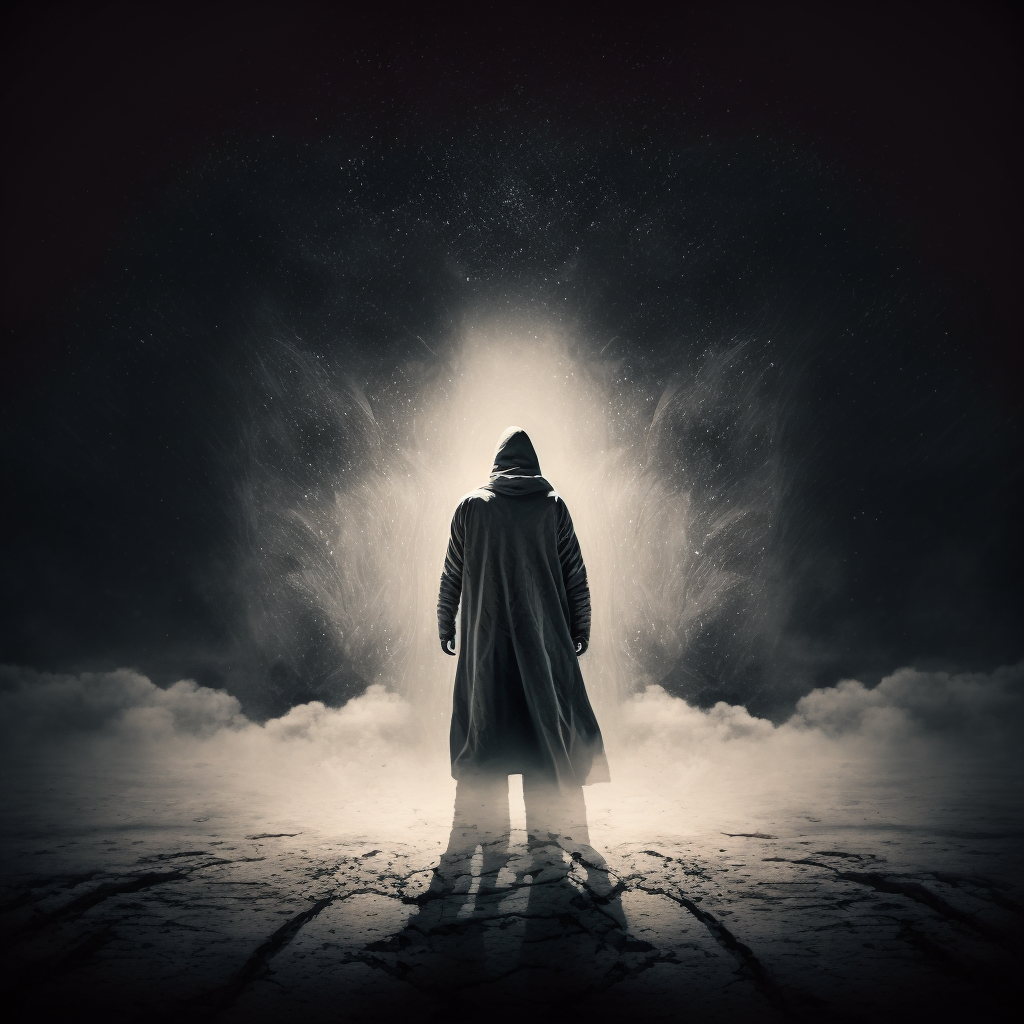Heard you the Sound?

The mighty rock was afloat; a mountain, a pillar of earth was swung above its vast shadows. The crushing cloud was dropped. And every thing beneath was no more.
From ashes, the remains were brought. And the lifeless corpse was rendered before. What an unearthly show! Indeed trickery is what we saw.
“Lord, halt thy sun!” A prayer in battle. “Split the moon!” A challenge from the unworthy. Show me a sign! An order from the lesser.
Lord, prove thy signs to me!
A thousand miracles more.
Another, O Lord, to see!
Be nothing. Be once more.
It’s but foul magic!
Nothing to fall for
Who brings back the bones
Of long forgotten yore
Blinded is man
Forevermore
Heard you the sound
Of the proof?
Or have you seen
The light aloof?
If you see it as day,
And hear it sway
You wouldn’t believe still,
Or follow its starry way
Nothing keeps Us from sending the ˹demanded˺ signs except that they had ˹already˺ been denied by earlier peoples. And We gave Thamûd the she-camel as a clear sign, but they wrongfully rejected it. We only send the signs as a warning.
— Surah 17 (The Journey of the Night)
Those who say, “Allah has commanded us not to believe in any messenger unless he brings us an offering to be consumed by fire ˹from the sky˺.” Say, ˹O Prophet,˺ “Other prophets did in fact come to you before me with clear proofs and ˹even˺ what you demanded—why then did you kill them, if what you say is true?”
— Surah 3 (The House of Imran)
Say, ˹O Prophet,˺ “Had there been angels walking the earth, well settled, We would have surely sent down for them an angel from heaven as a messenger.”
— Surah 17 (The Journey of the Night)
Such there is Night، not Night as ours—Unhappy Folk
— J.R.R. Tolkien.
The Unhappy Folk: unhappyfolk.org
Telegram: unhappyfolk.t.me
Mail: msg@unhappyfolk.org
